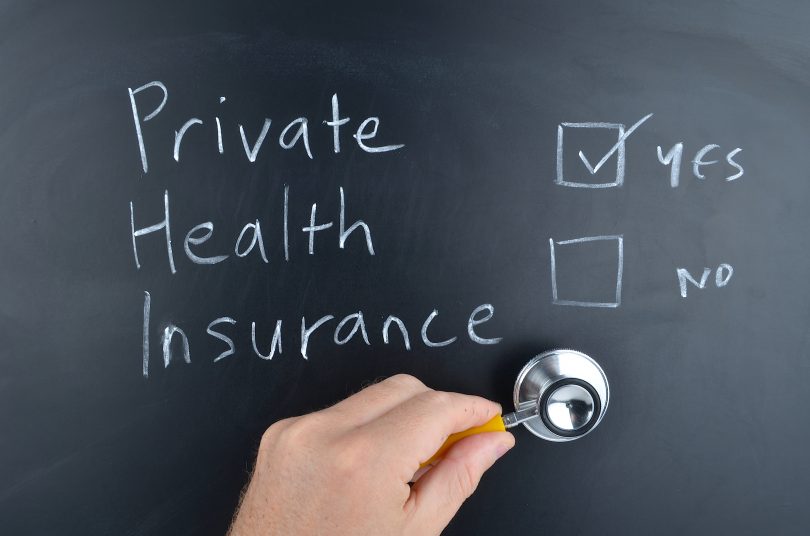Since the British government legalized medical cannabis for some patients in November 2018, only a handful of cannabis prescriptions containing THC have been issued via the National Health Service.
Medical services in the U.K. work a little differently than what most Americans are used to. The National Health Service (NHS) offers British (and European) citizens socialized health care, and like in Canada, that means a tremendous strain on financial resources and doctors. As such, even U.K. patients who qualify officially to receive medical cannabis cannot do so for a variety of reasons.
According to reports in the British media, some patients suffering from epilepsy and MS are paying in excess of $1000 per month to obtain medical cannabis from private clinics who are cashing in on the matter. While a government spokesperson said they felt bad for those “dealing so courageously with challenging conditions,” they have been unable to fund the roll out of medical cannabis to patients efficiently.
One disgruntled mother is Cherly Keen who has been doing what she can to obtain medical cannabis for her daughter who has brain damage and epilepsy. However, Keen was refused not once but twice, being told the medication was “too expensive” and noting that not all other avenues had been exhausted. “Nothing has happened, nothing has changed [since the legalization],” Keen said. “It’s absolutely disgusting that anyone is having to pay to go private,” she added.
One of the stumbling blocks for medical cannabis in the U.K. is a traditional, conservative attitude that still seems to pervade British politicians when it comes to cannabis legalization. While others are rushing to legalize medical and recreational cannabis, the NHS still claims there’s a lack of evidence proving the efficacy of medical cannabis. This dragging of feet by the NHS has led to a number of private medical cannabis clinics popping up and charging a premium for the privilege.
One of the largest medical cannabis importers in the U.K. is Grow Biotech. They reported that since July, more than 100 requests for private cannabis prescriptions had been received. Those who have PTSD, Parkinson’s, and epilepsy are having to either go private or use pharmaceutical drugs instead of cannabis. Despite the overwhelming costs of going private, these clinics are a lifeline for some patients.
As Prof Mike Barnes, director of the new London branch of The Medical Cannabis Clinics, told the BBC, “Everyone can get an appointment to come here, but not everyone leaves with a prescription for cannabis,” he said. “There are some conditions for which there is good evidence for cannabis to be useful, so you’d have to have one of those conditions – like pain, anxiety, or nausea and sickness in chemotherapy or epilepsy.”
Before being give medical cannabis, all patients are screened and vetted for suitability. Nevertheless, Barnes refuted suggestions that the clinic was exploiting people, “This is the only way patients who are in significant need can get access to this medicine,” he said.
But as Labour MP Ben Bradshaw pointed out, legalizing medical cannabis in the U.K. has made it harder, not easier for patients with severe conditions to access the natural medication. “If anything [since its legalization], it’s become more difficult for people to obtain it,” he said. “[The government] now has to put this right, by delivering on the promises that it’s made to the patients.”
While it remains to be seen how the tide will turn as far as medical cannabis legalization in the U.K., many are hopeful that these “teething problems” will be ironed out soon enough. As many countries across Europe and North America move to legalize cannabis and offer it as an alternative to drugs like opioids, people are finally getting the treatment they want and need. Only time will tell whether or the needs of British patients will ultimately be served by the new legislation.







